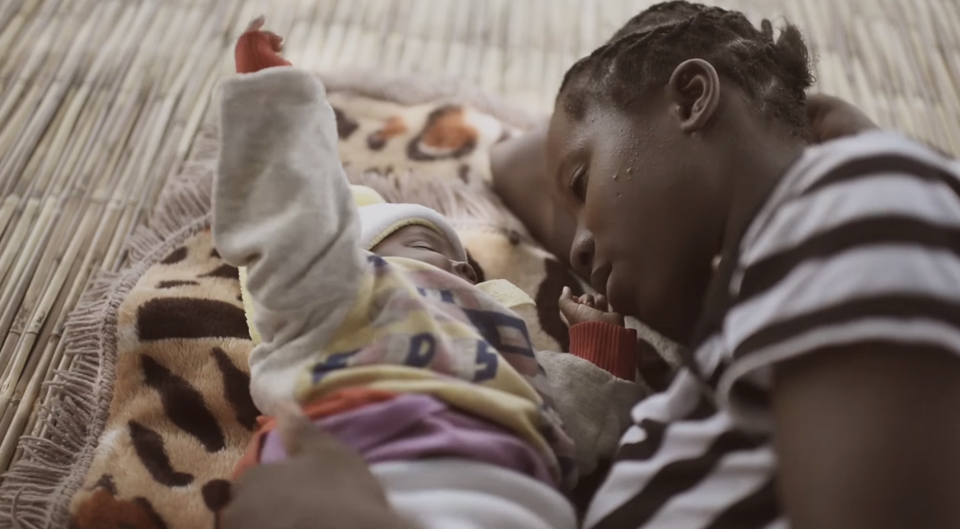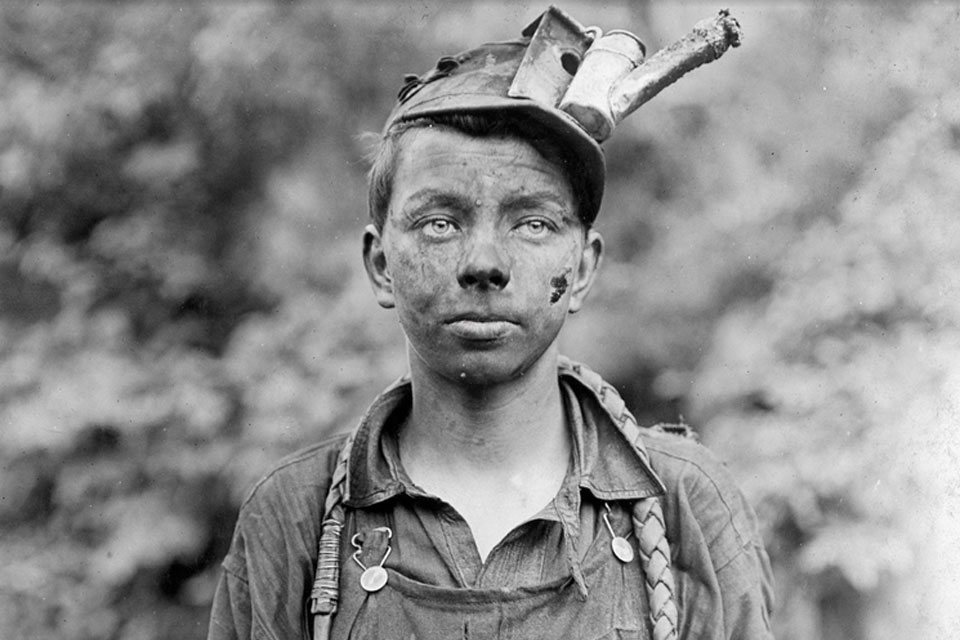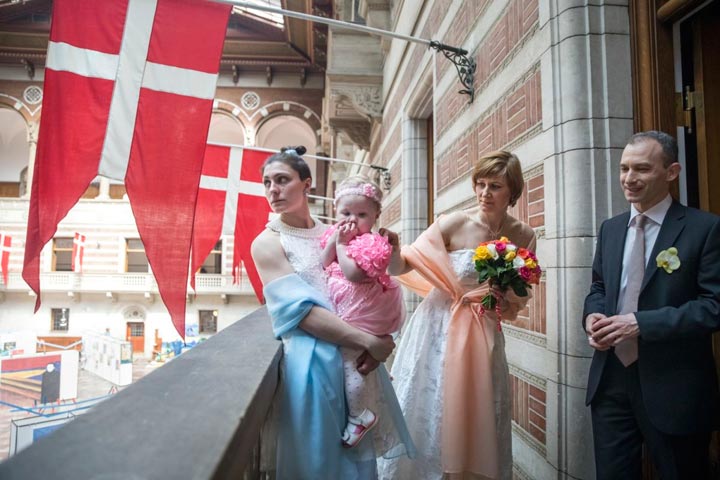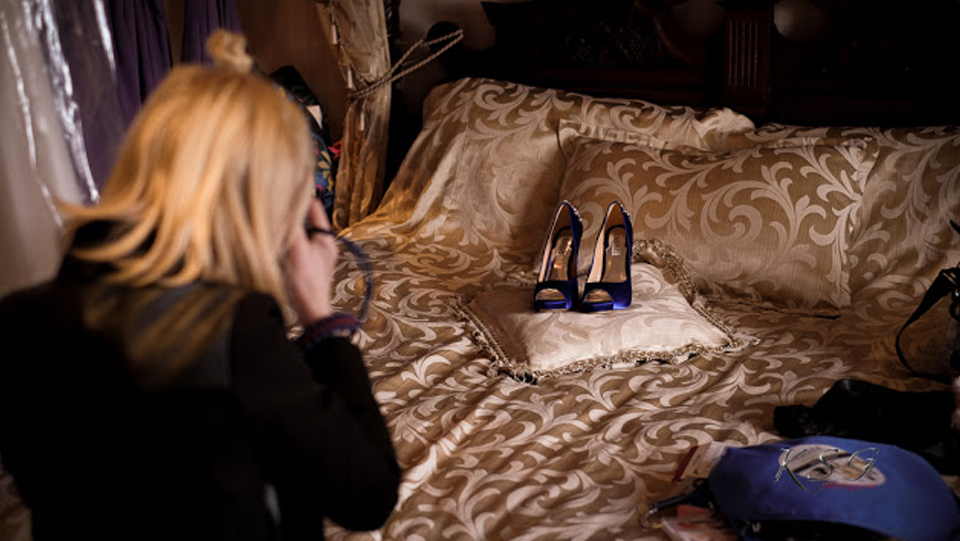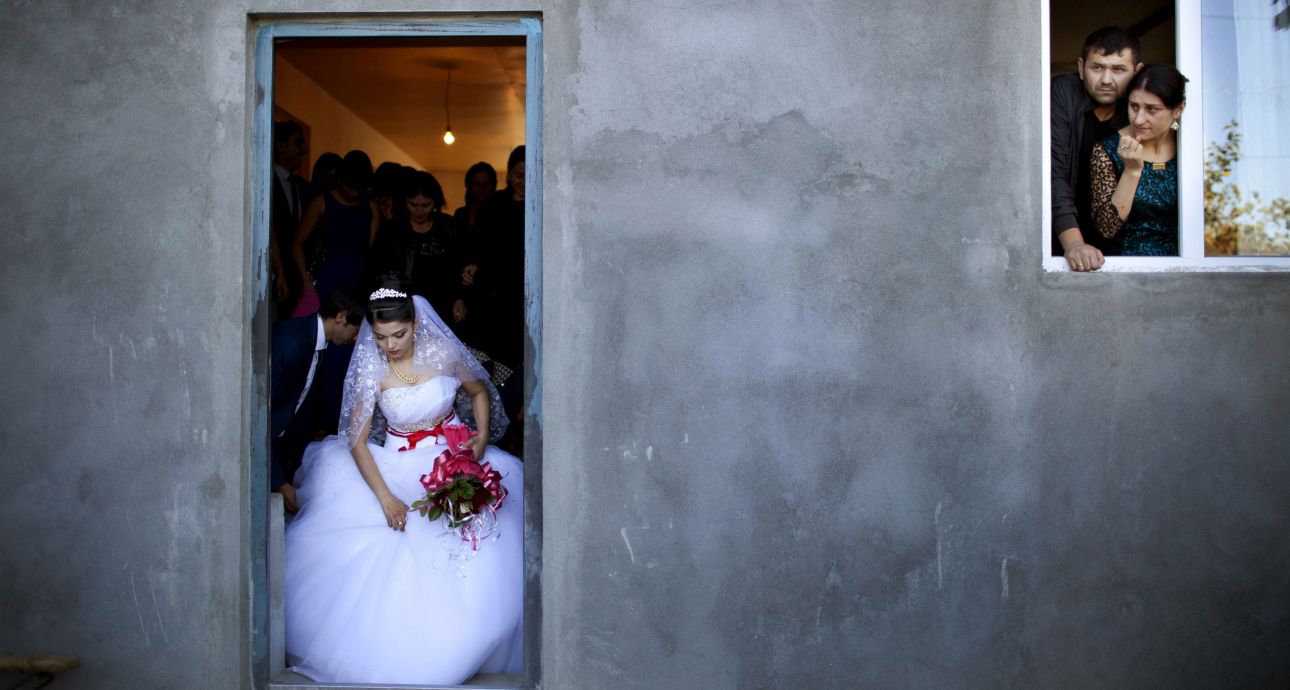
Deprived of Adolescence: How People in Georgia Marry Off Their Underage Daughters

Georgian photographer. Born in Tbilisi. Studied photojournalism at the School of International Center of Photography in NYC. Published her works in Forbes, Mother Jones, Sunday Times, The New York Times, Saveur, The Economist, Vision, Bloomberg, Liberali, and many other media outlets.
— The project is about early marriages in Georgia. I approached the story by showing the places where marriages occur, the wedding, and portraits of young girls whose family members accept marriage at a young age.
I wanted to do a story on women in Georgia, and when researching and looking for subjects I found out about early marriages from a Georgian center called GCRT (the Georgian Center for Psychosocial and Medical Rehabilitation of Torture Victims). I was surprised about the fact, being not aware of the situation myself.
I found a family by accident in a village in Kakheti region — the girl was 17 and her wedding was coming up. She got introduced to her 22-year-old groom for the first time on the day of their engagement. I met with him, and he invited me to the ceremony, giving me permission to photograph. It was my first step of starting the photo series.
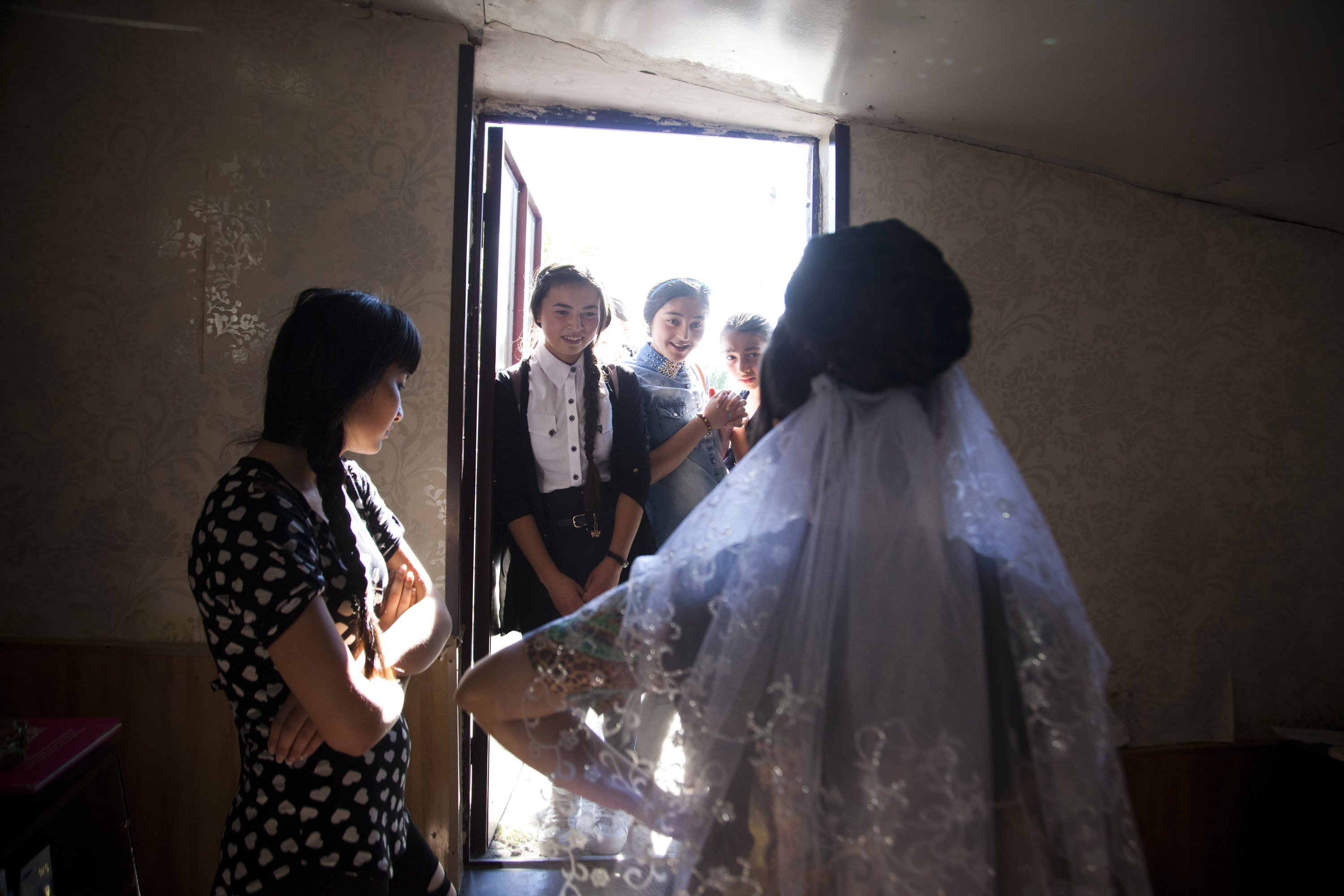
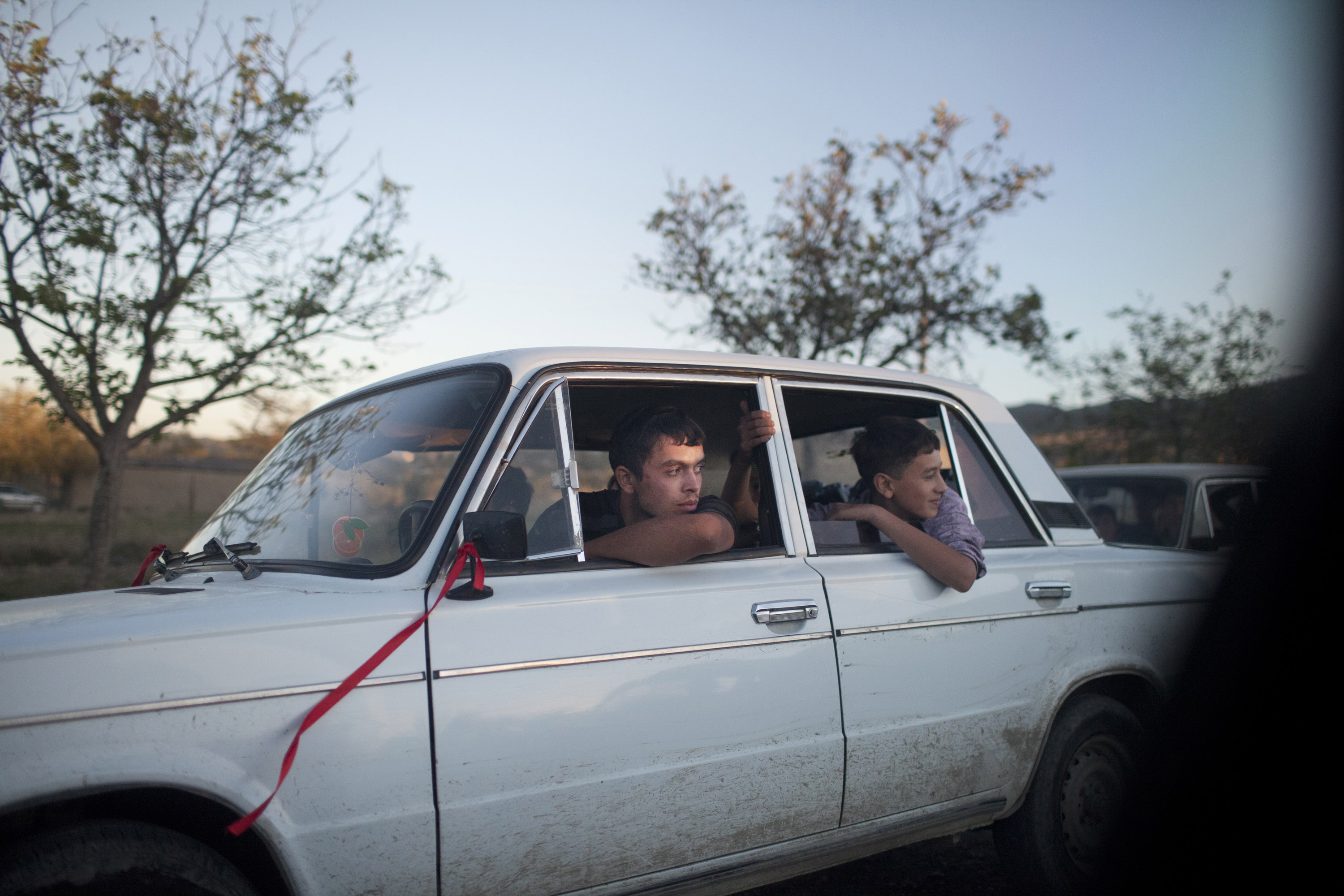
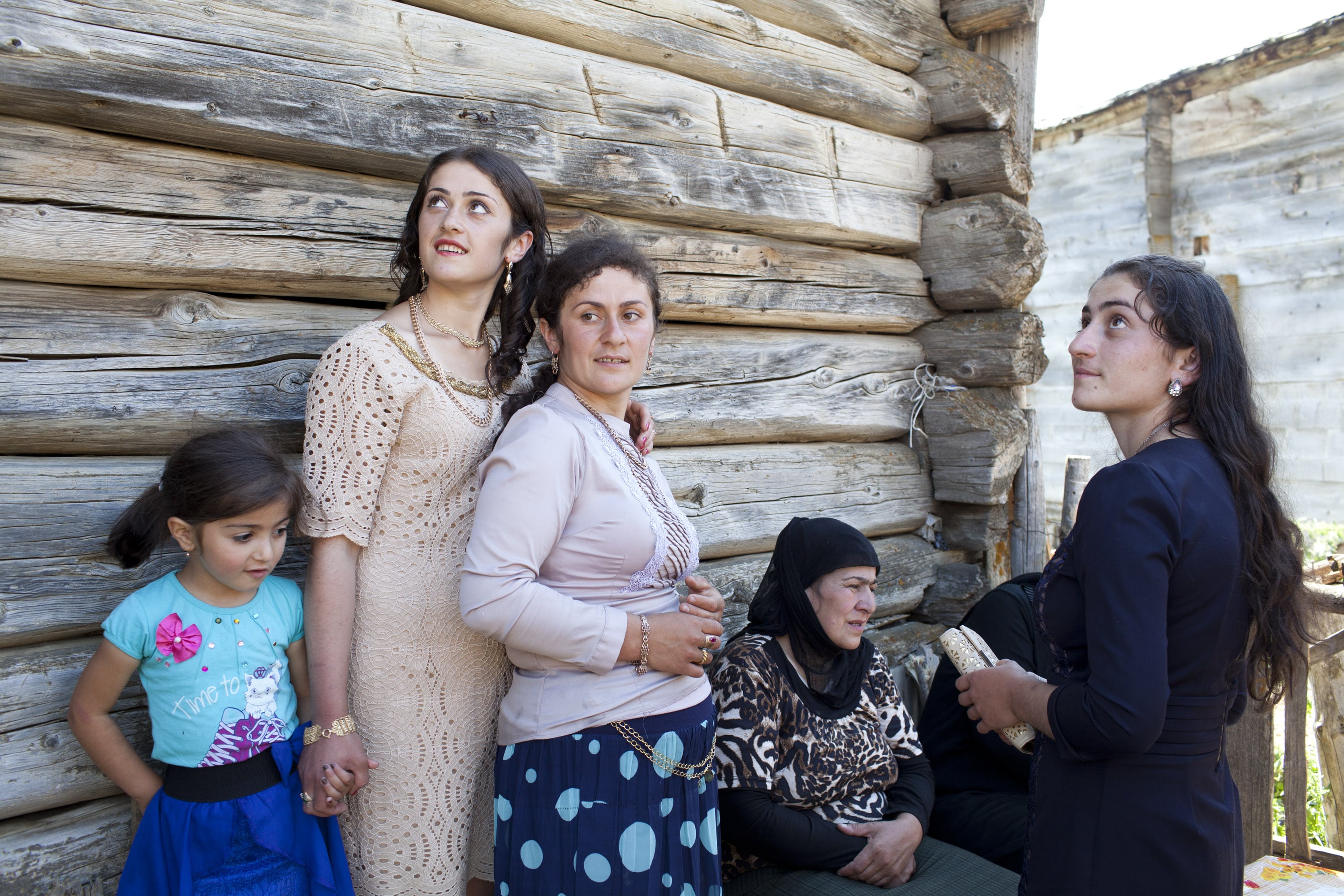
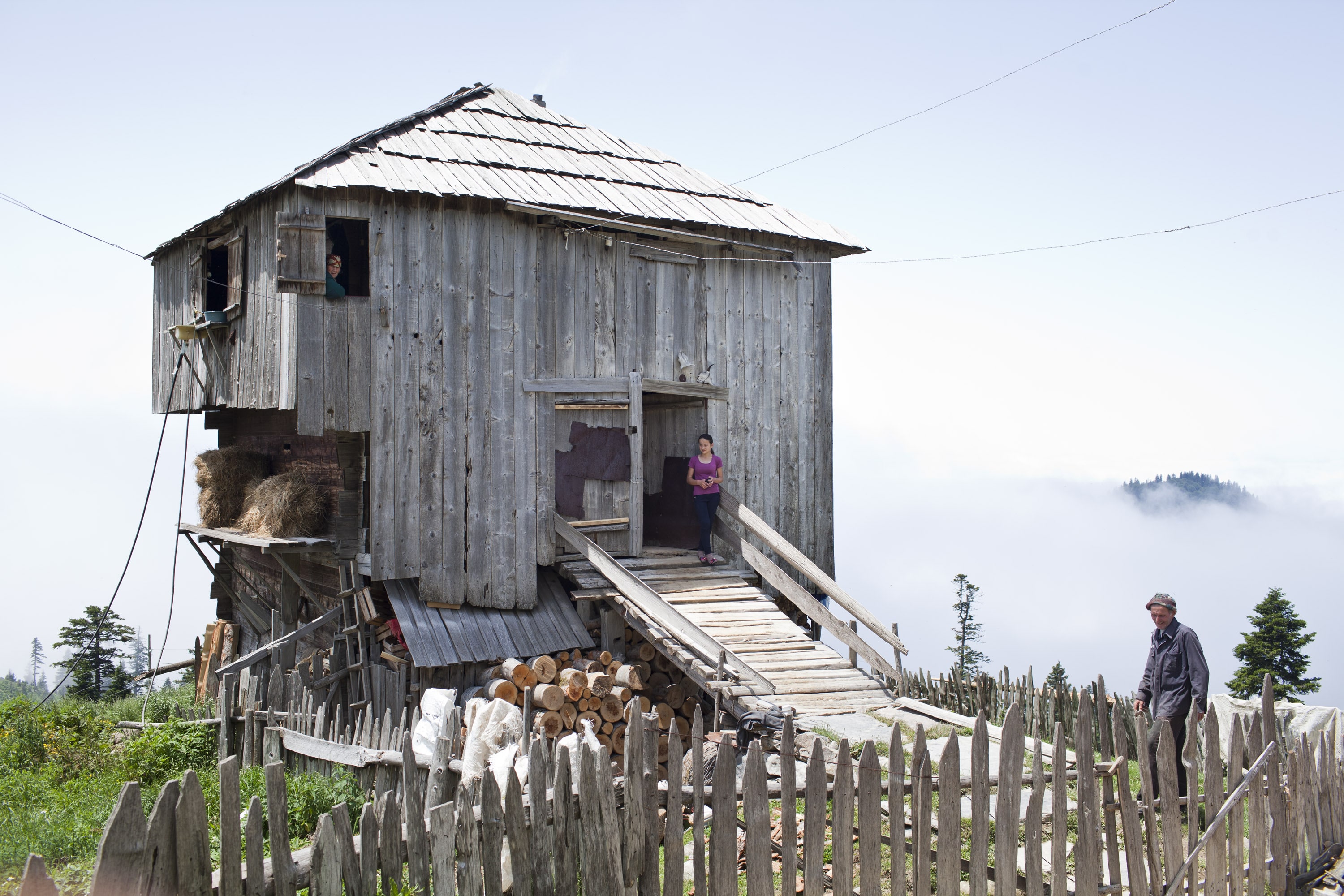
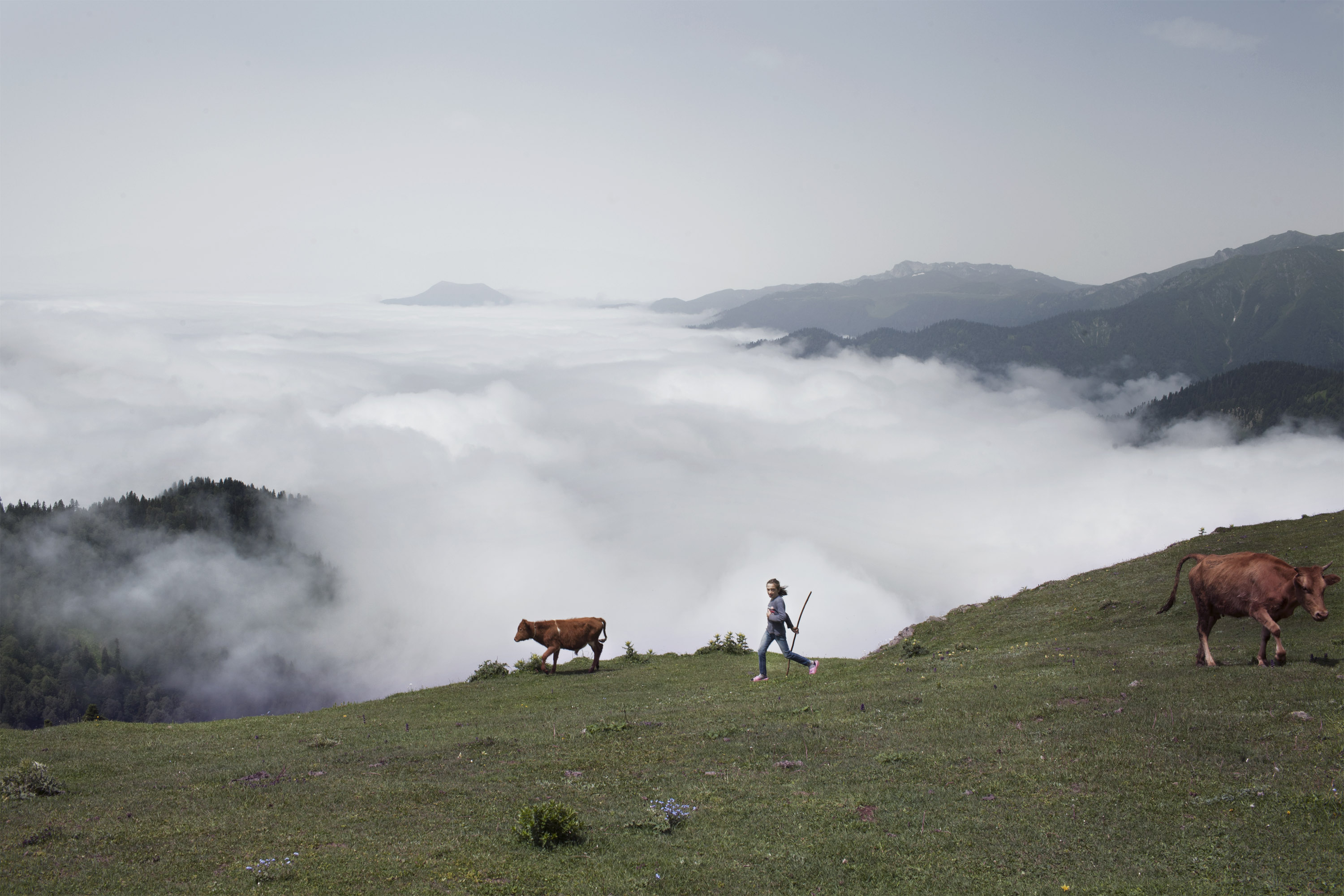
I started this project with the purpose of raising awareness in Georgia about early marriages, an unacknowledged issue both in the eyes of the government and the society. Georgia has one of the highest rates of early marriages in Europe, especially seen in ethnic minorities. Girls, too young to comprehend marriage, are sent off by families to be wed with little–to–no schooling, and will never have the opportunity again to continue any form of formal education. According to the Ministry of Education of Georgia, over 7,000 girls all over the country aged between 13 and 15 drop out of school each year. In Georgian villages, only several teenagers would graduate high school and go to university.
The growing problem of early marriages is a violation against the E.U. Constitution’s articles on human dignity or the rights of children, posing an issue that only stirs the debate between cultural practices and fundamental human rights. When the project was first out on social media, the response was disparate, hitting both ends of the spectrum. The greatest opposers of the work were ethnic minority groups, demanding that the photos be taken down. Yet, the photos had created what did not exist previously: a framework or platform for citizens to comment and debate on the issue at hand.
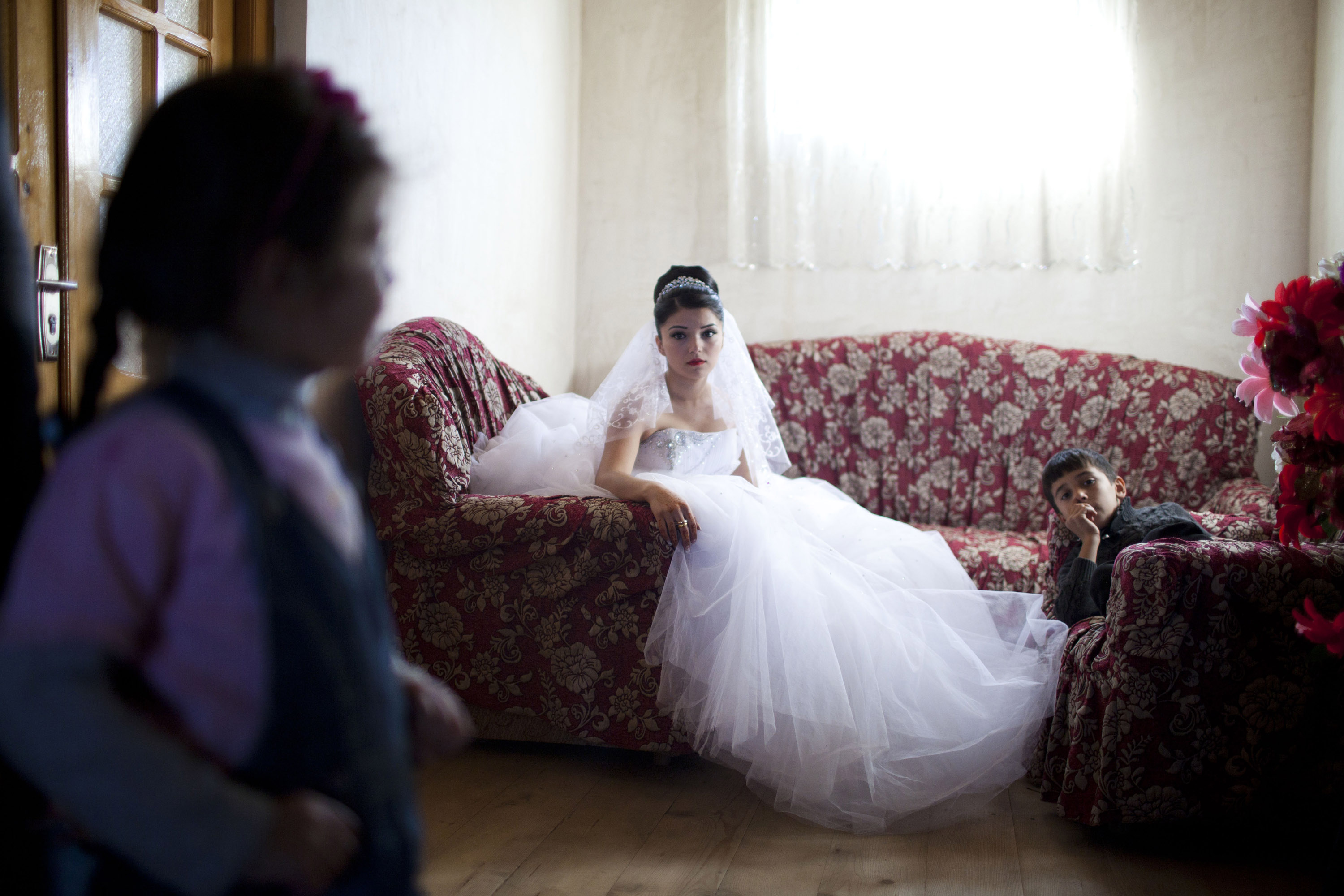
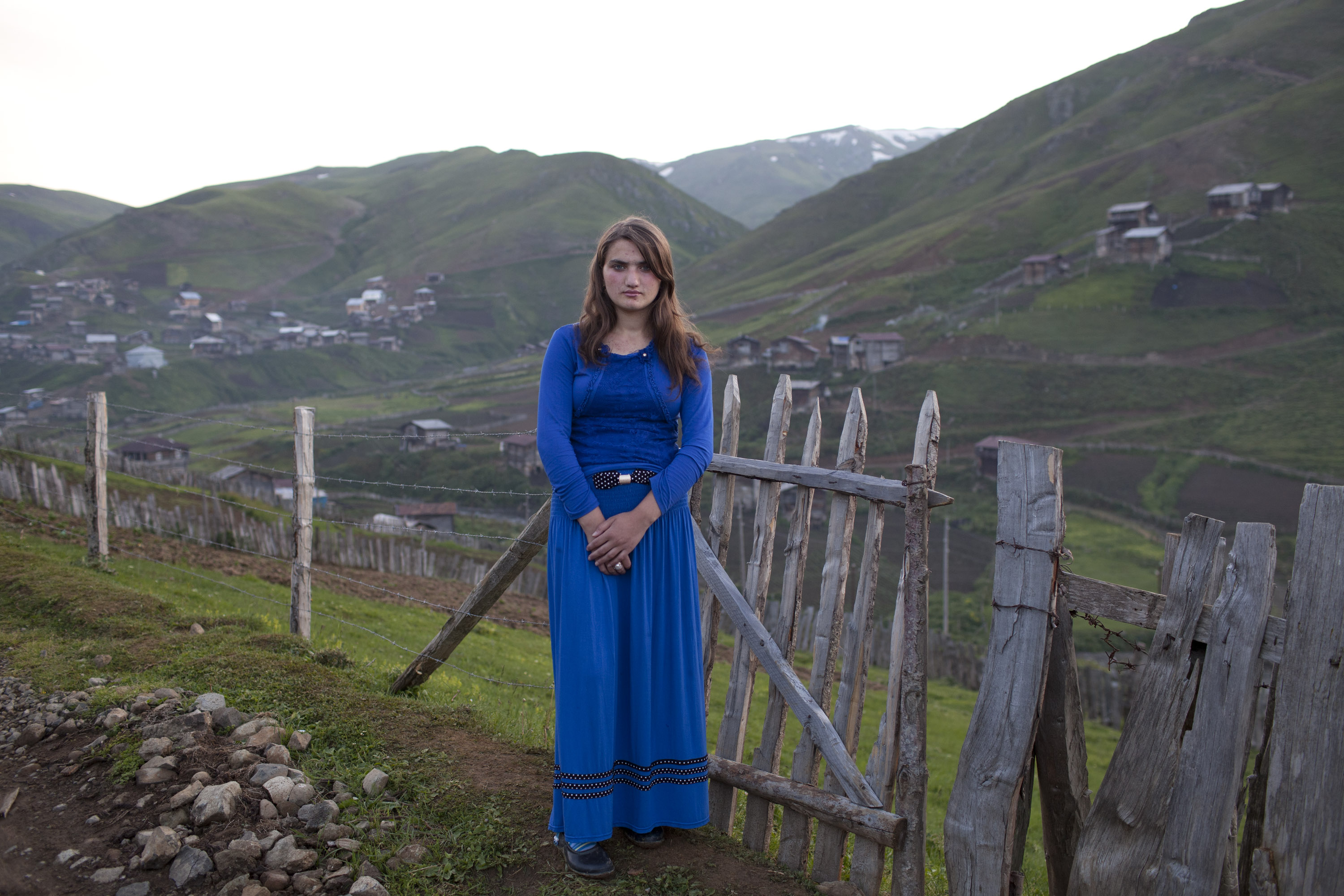
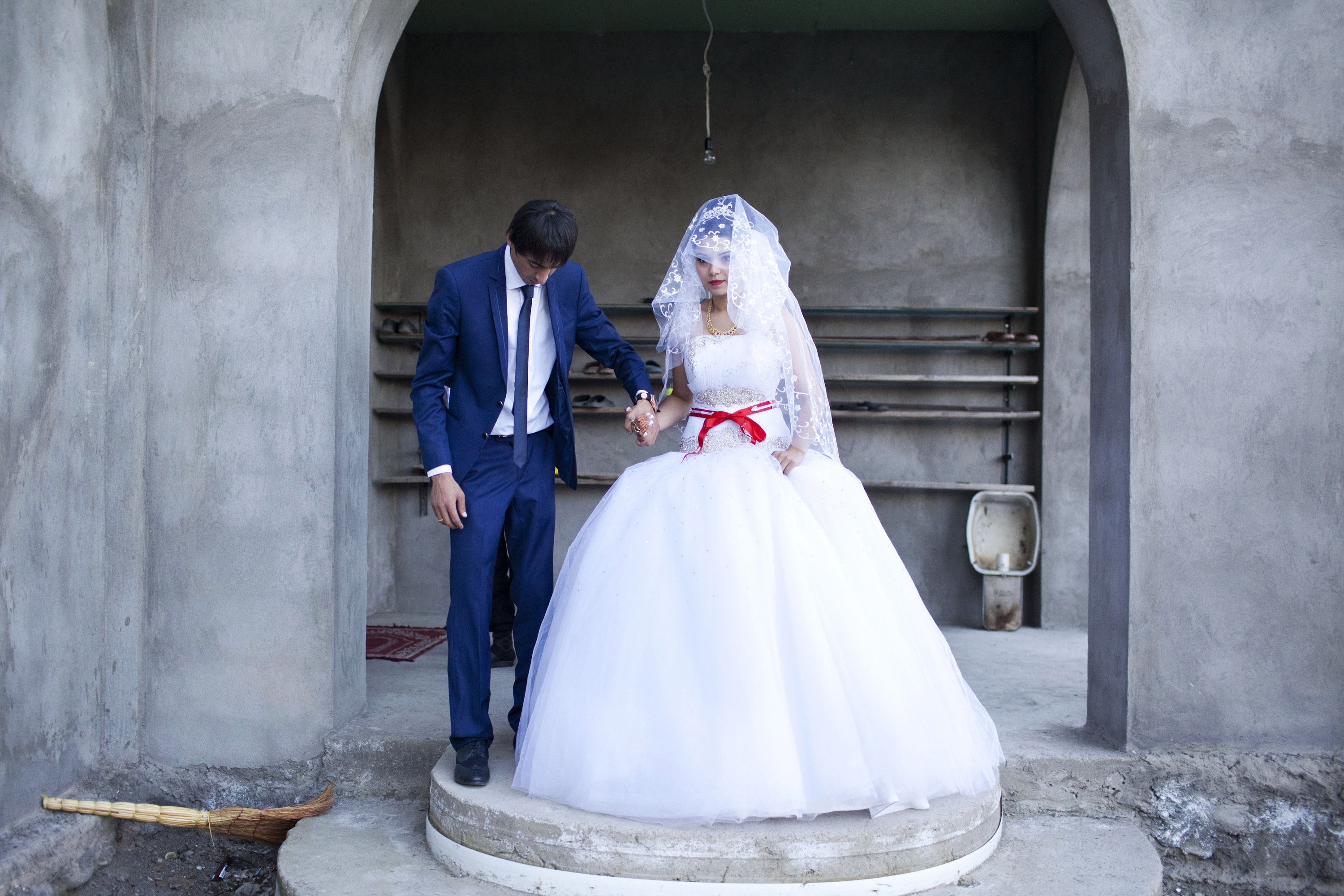
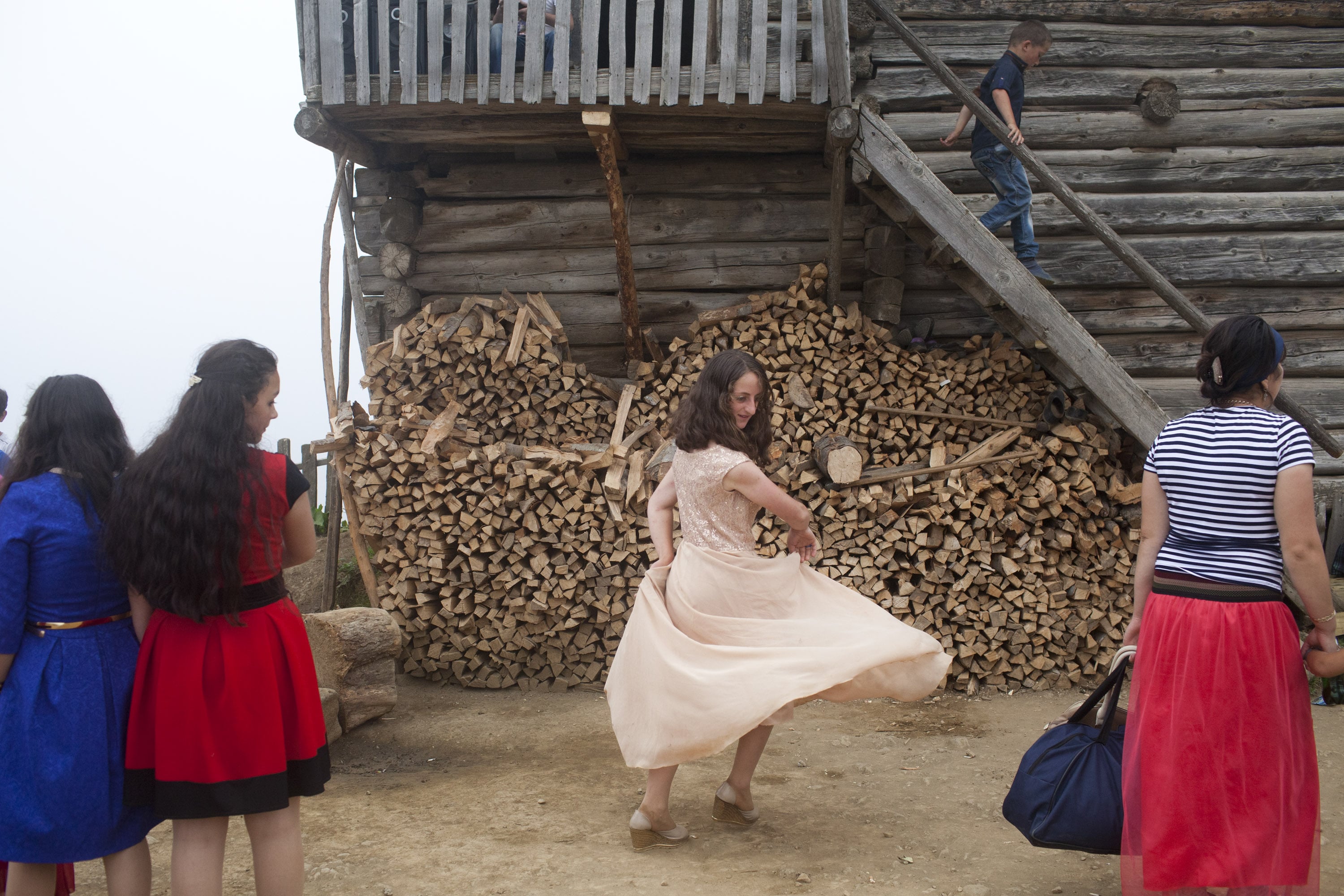
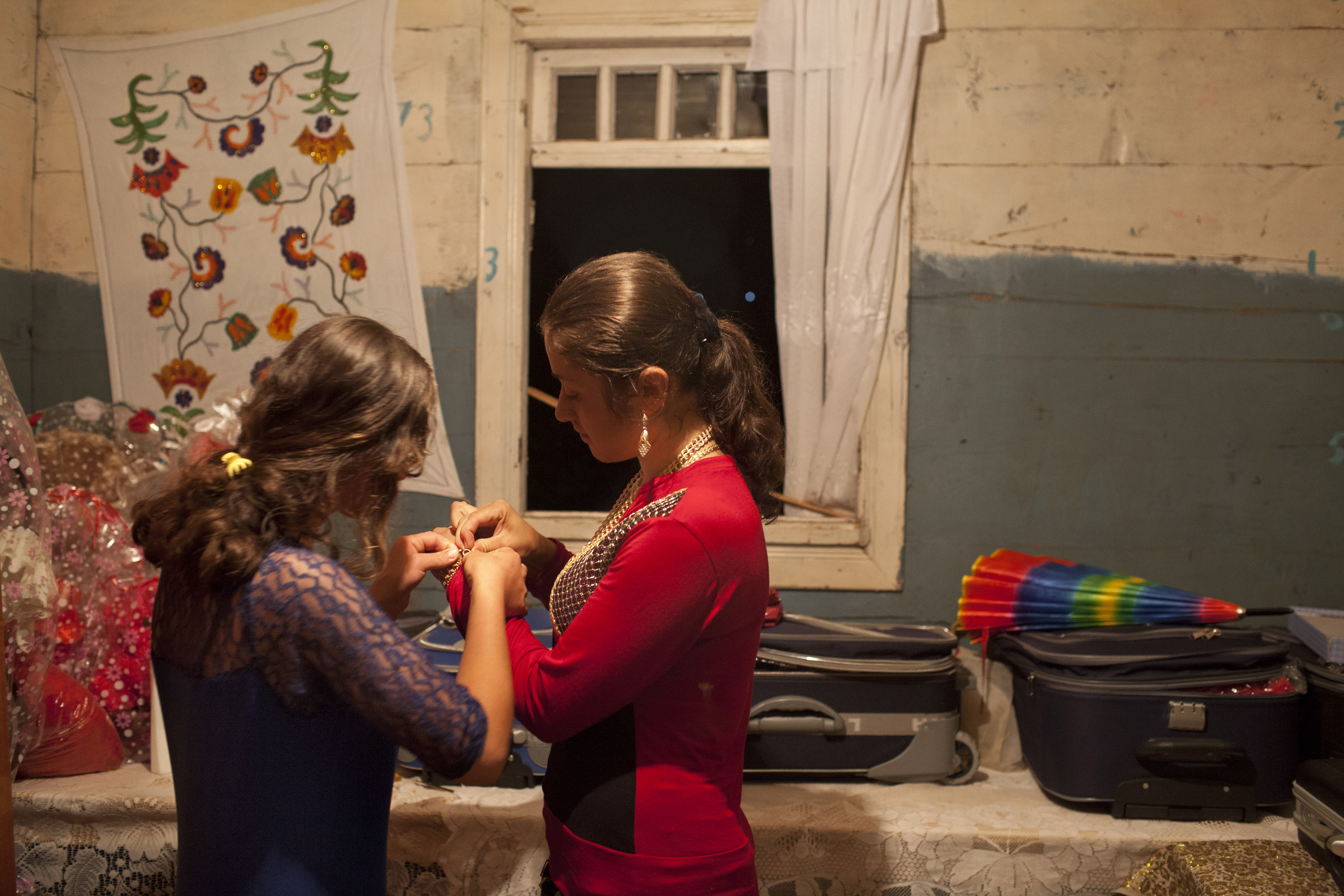
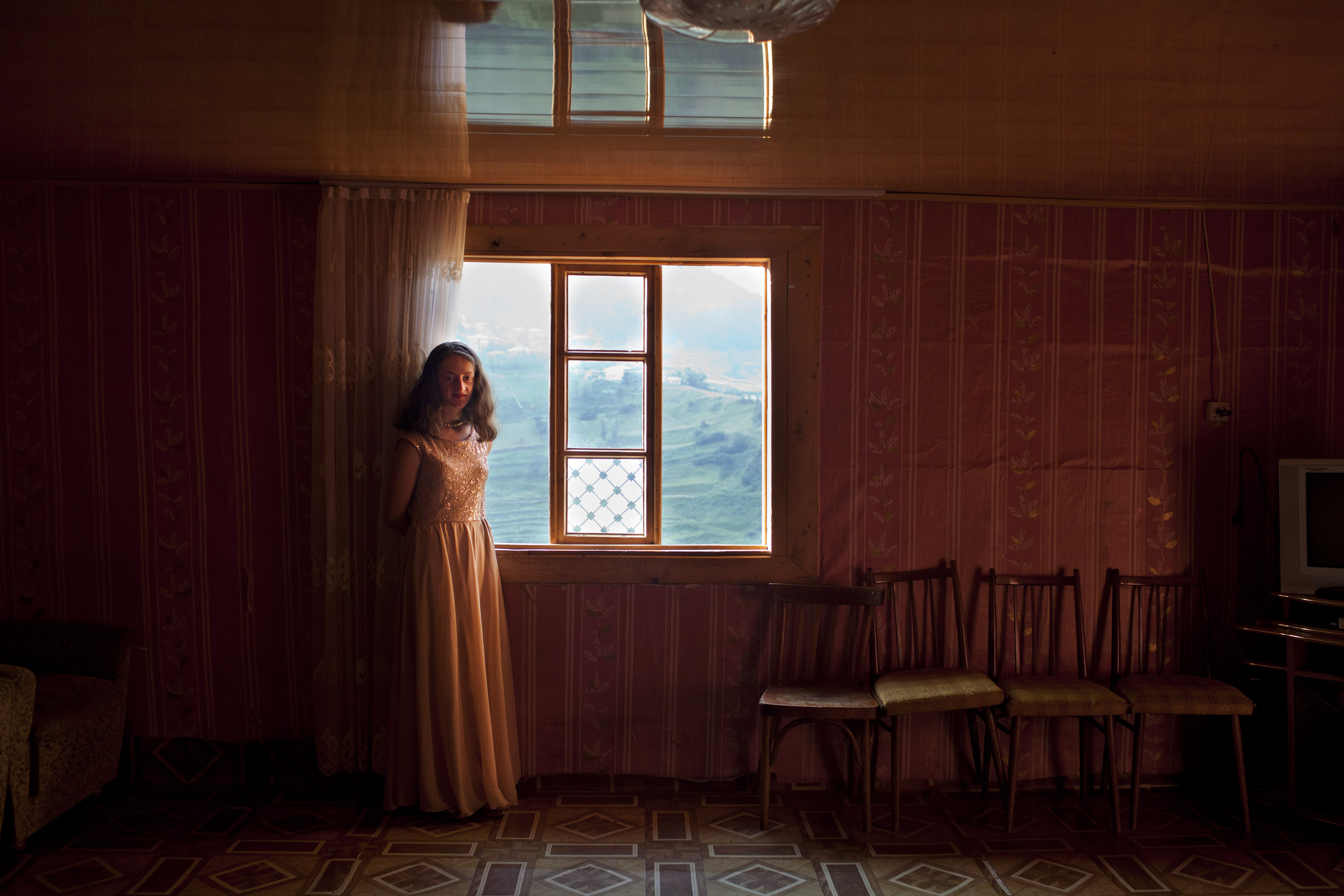
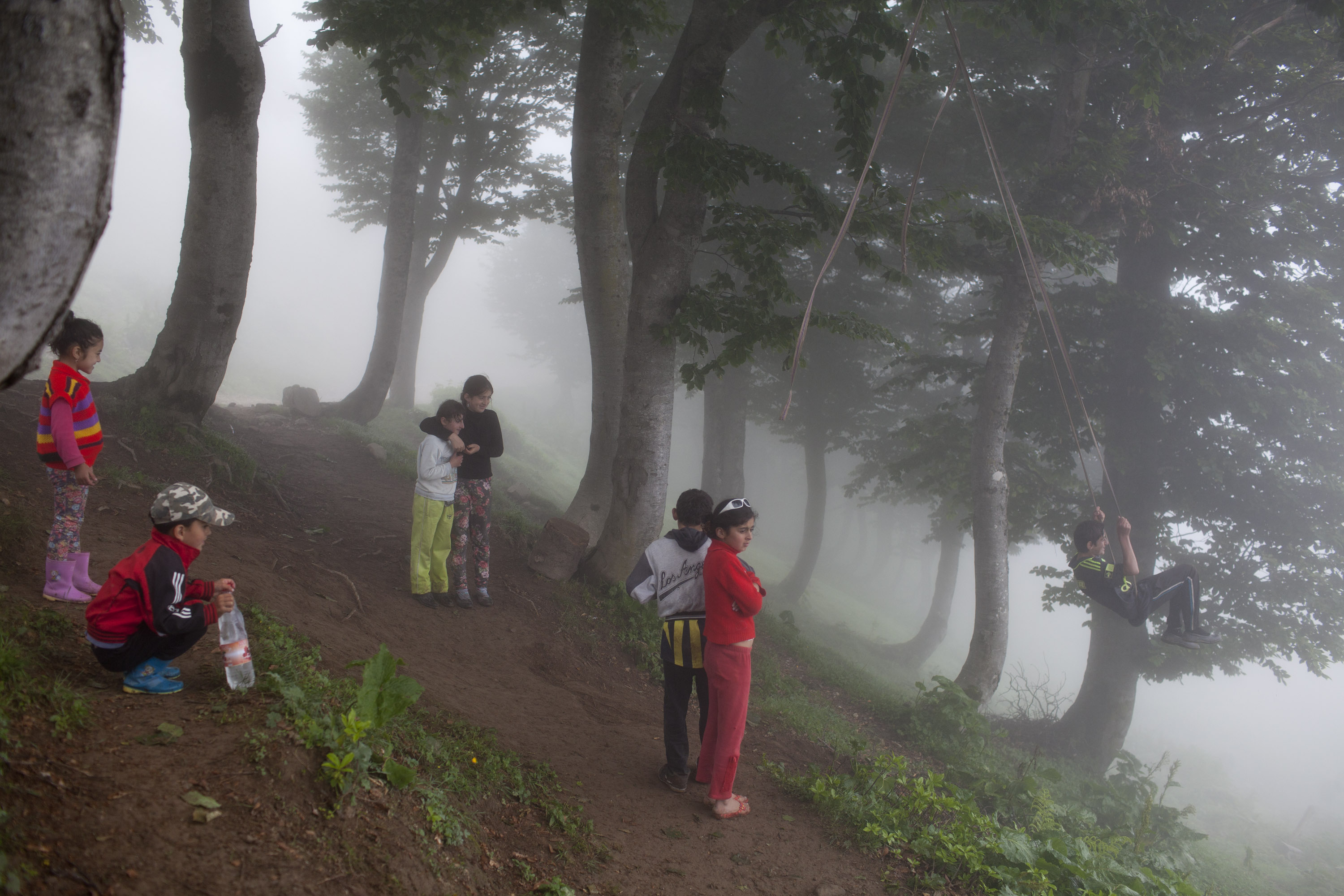
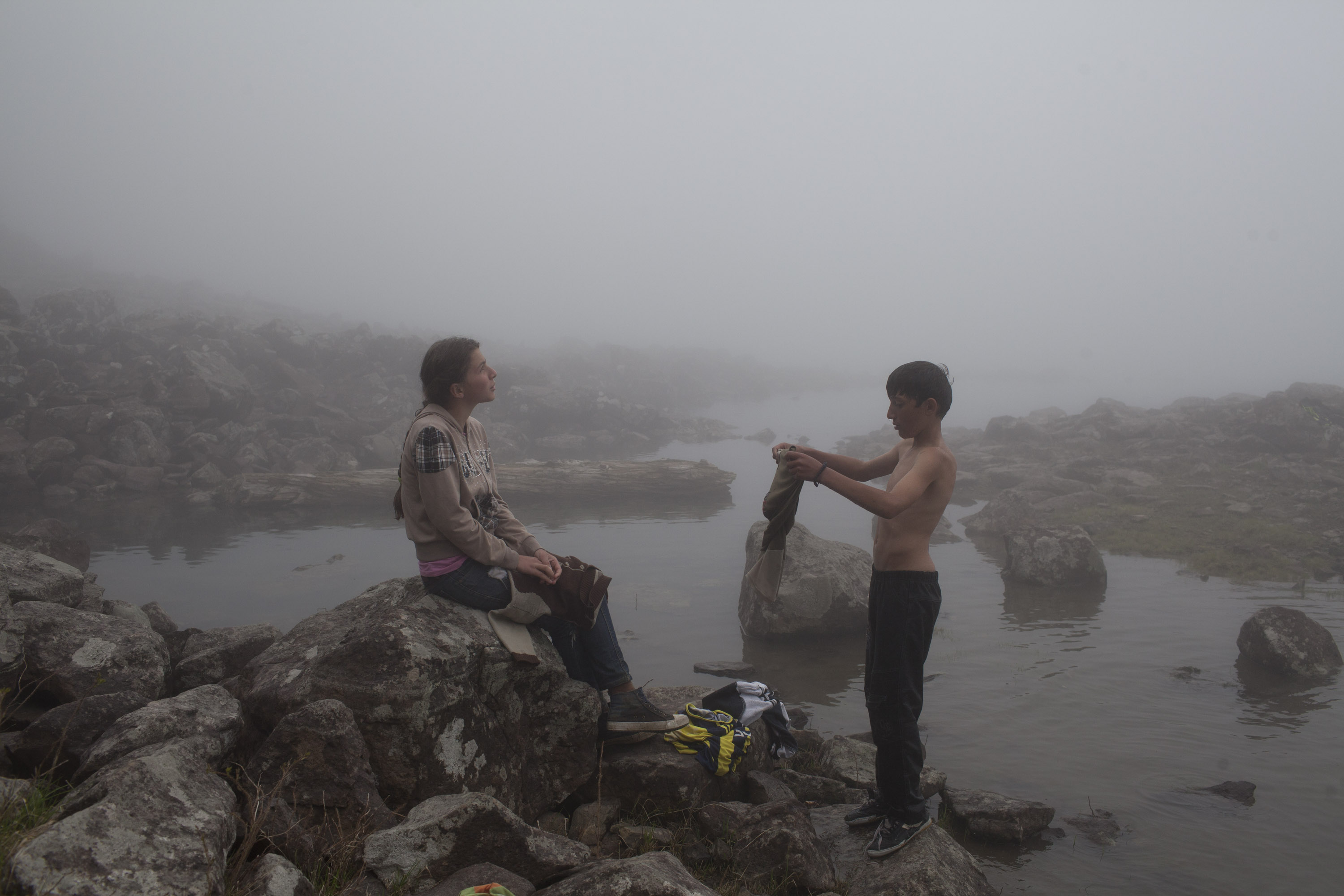
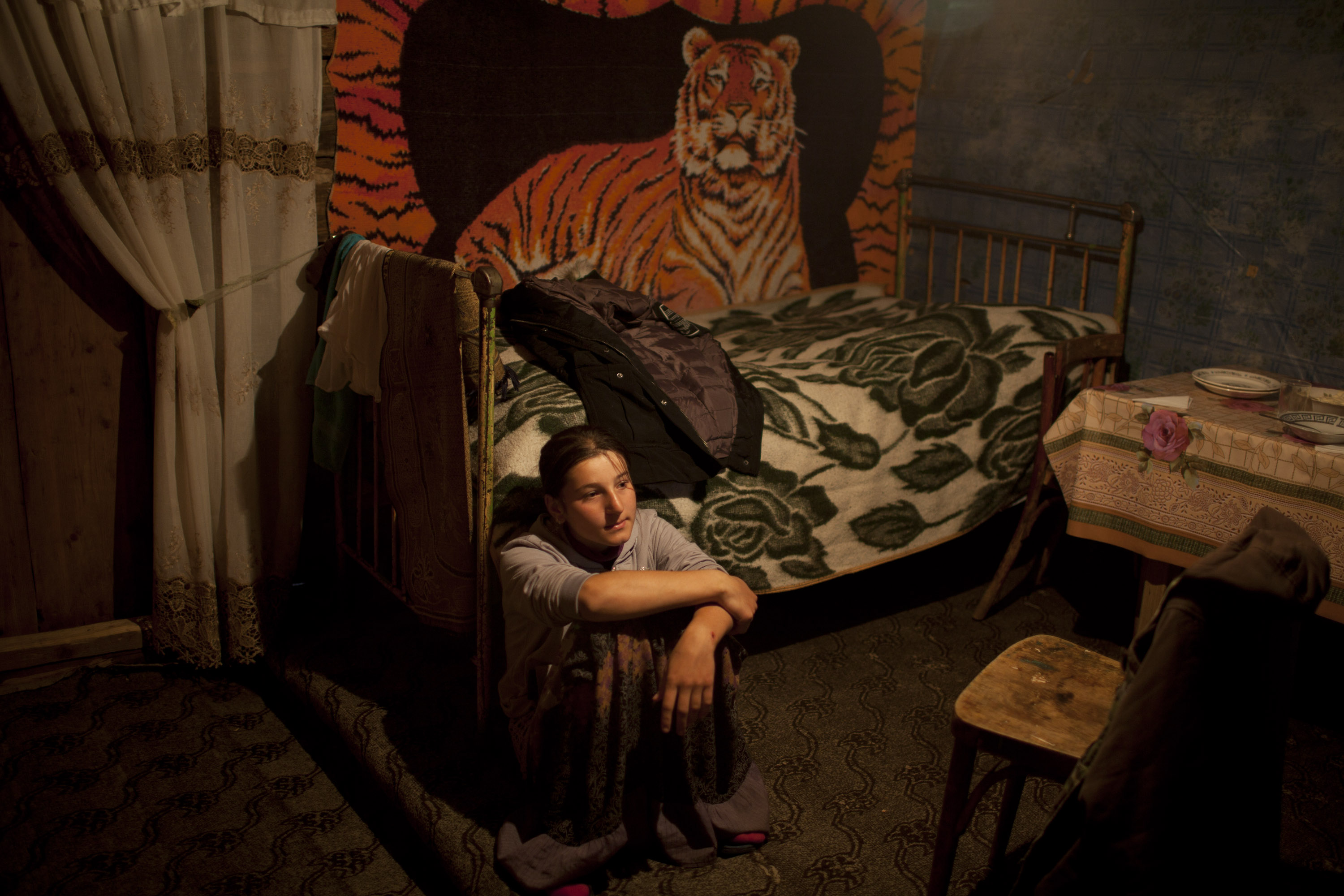
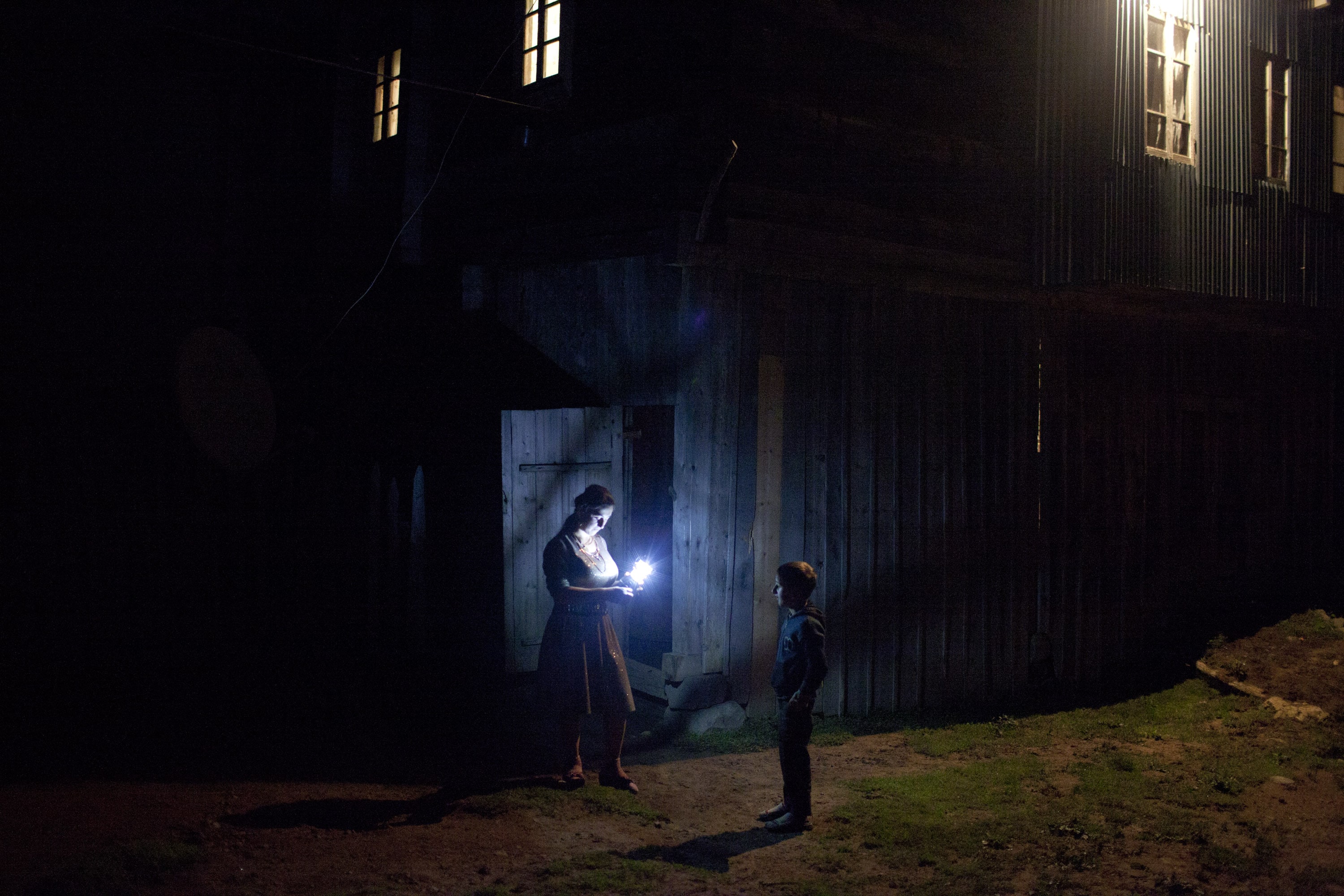
New and best
